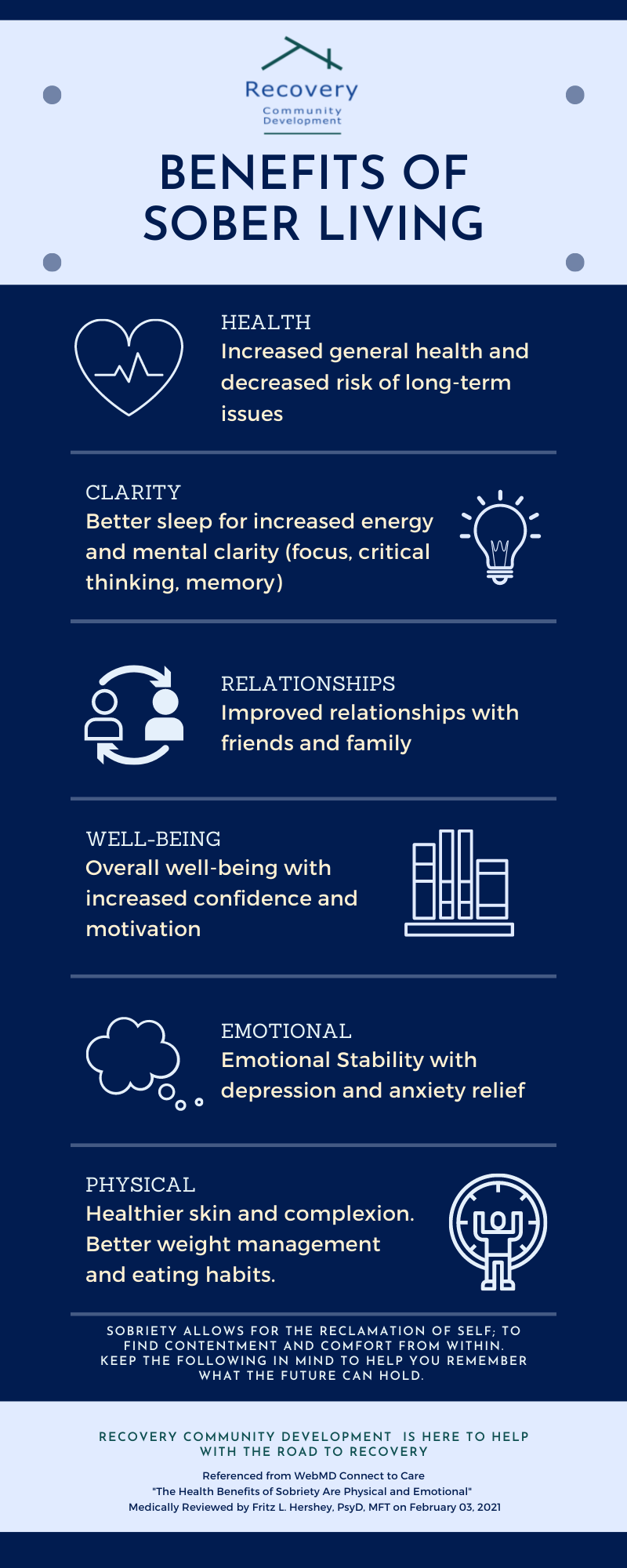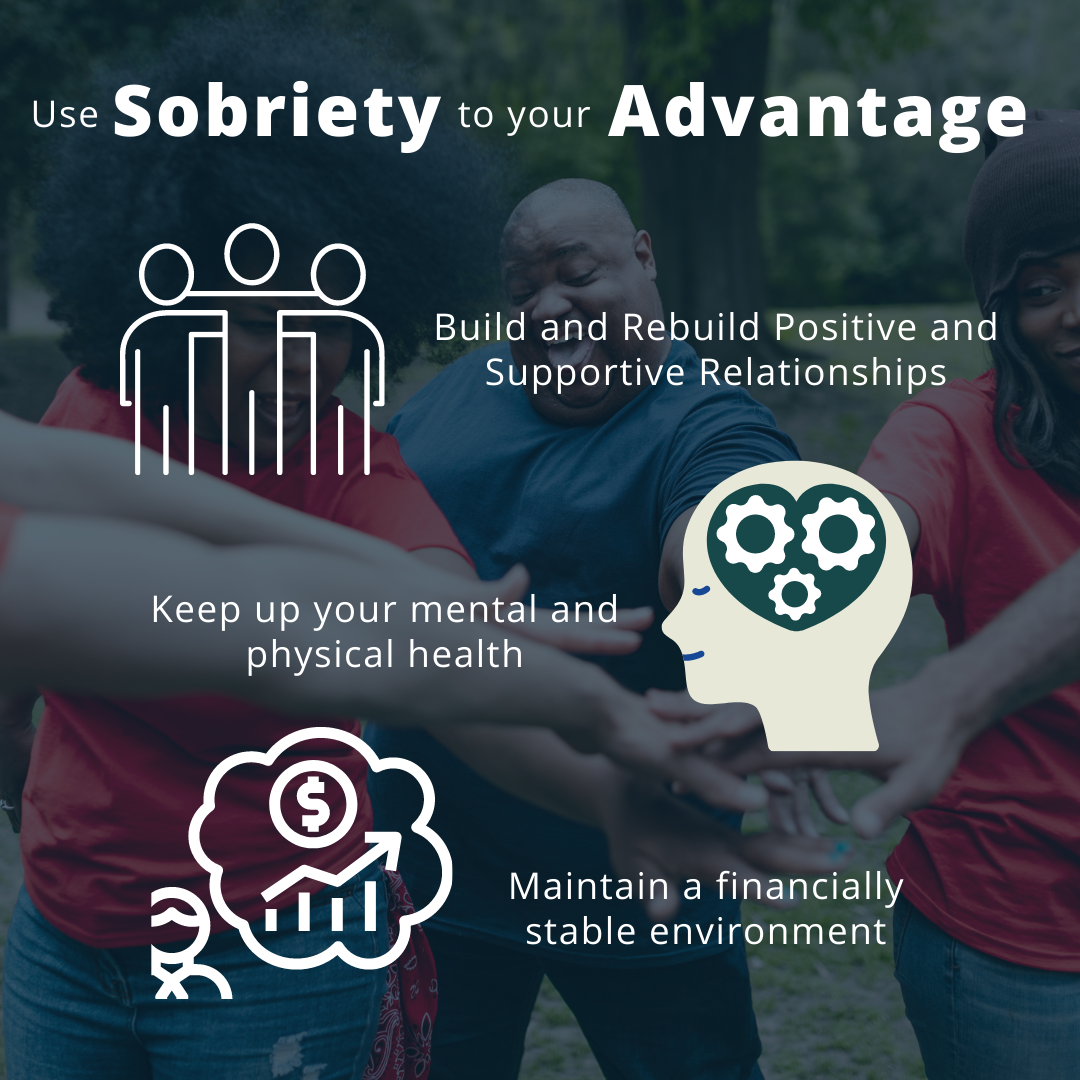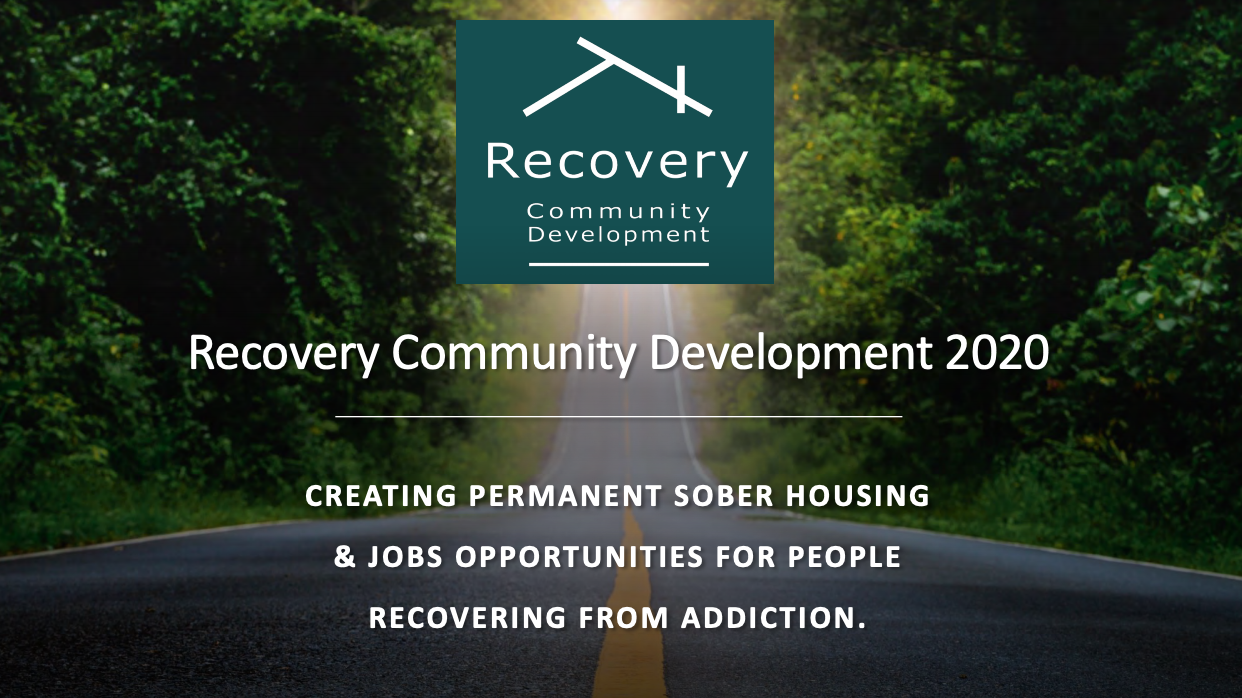For many in recovery, the battle for sobriety is a familiar struggle, and one that cycles back time and time again. The challenges that arise and the hurdles to overcome can seem insurmountable at times, especially in periods of instability like we all currently face.
According to the Department of Housing and Urban Development, in 2020 (the most recent published data), there were nearly 3,000 homeless individuals within Connecticut alone. Having the 8th highest rental rate in the country certainly doesn’t help matters regarding housing stability – and this was before the drastic changes in stability that a global pandemic created – to say nothing of its mental toll that we are all still struggling to manage.
“Stable housing plays a vital role in people’s recovery from substance use disorders (SUDs). An inability to pay rent and the threat of losing housing can lead to stress that triggers substance misuse and relapse.” – Rajita Sinha
The benefits of sobriety are many, but in the face of strife, many things seem trivial. Reminding ourselves of the advantages can help to add some weight to the scales that teeter between the need for escape or fleeting relief and sober living
If you are struggling to find stability or stay on the path of recovery, and want to learn more about the benefits of sober houses, check out our previous blog: Impact of Sober Houses on Addiction Recovery.
It helps a little to remember that the rewards of sobriety span both physical and emotional waters. In short, there are many reasons to commit to sobriety. Improved health and relationships are only the tip of the iceberg.
Improving One’s Health
Addiction can lead to long term issues with both malnutrition as well as depression and anxiety. Regular substance use can cause hangovers, withdrawal symptoms, and a weakened immune system by dehydrating the body and depleting it of essentials – like vitamins. Sober living offers a far healthier routine. Having improved physical health is a boon, but it also leads to improved mental health outcomes.
With greater mental stability, sleep also improves. Likewise, sobriety leads to having more energy. In turn, all these lead to improvements in physical appearance – including skin, eyes, and hair. Other health benefits include immune system strengthening, leveling a healthy weight, and stabilizing blood pressure.
“When people get sober they sleep better, have more energy, and can think more clearly. Best of all, sober people aren’t damaging nearly every part of their bodies on a daily basis and aren’t waking up with hangovers or withdrawals.” Dr. Dr. Brian Wind, Ph.D., Chief Clinical Officer at Journey Pure
If addiction began during adolescence or early adulthood, the opportunity to fully develop one’s personality may not have been fully realized. Physical improvements resulting from sobriety work on self-confidence and anxiety levels, lending to a rediscovery of your personality.
Sobriety allows for the reclamation of self, and to find contentment and comfort from within.

The list of physical and emotional benefits of living a sober life includes:
-
-
- Increased general health and decreased risk of long-term issues
- Better sleep for increased energy and mental clarity (focus, critical thinking, memory)
- Improved relationships
- Overall well-being with increased confidence and motivation
- Emotional stability with depression and anxiety relief
- Physical appearance like healthier skin and complexion
- Better weight management and eating habits.
-
Improving Relationships
Relationships play a crucial role throughout our lives. Sobriety allows you to distance yourself from negative personalities in your life. More importantly, it lets you regain supportive relationships and improve them.
Building and rebuilding stronger, healthier relationships creates a solid foundation for better living outcomes. This is also an opportunity to make new connections. There are many others out there working to build a new sober lifestyle. Fill your time with new activities; create new memories. Remember, you don’t need substances to have a good time.

Find a spark of interest in something else. Get creative with activities like writing, woodworking, or playing a musical instrument.
Look for a physical activity that feels right for you. With the physical improvements that sobriety offers, you’ll have more energy for physical activities like hiking, biking, or other sports. Increased blood flow helps the body revive organs and rid it of stored toxins in fatty tissue.
Read more about how exercise detoxifies the body and the types of exercise for detoxification here. With fitness comes nutrition. Food wellness can be a great addition to a stable and healthier outlook on life.
Financial Stability
A higher chance at financial stability is another big advantage of sober living. Having paychecks go towards a sustainable life means having an increased ability to pay for more necessities and activities that maintain connections and a commitment to recovery.
RCD’s dedication to provide affordable sober housing while allowing for opportunities for work experience on renovation projects is a great example of many factors of maintaining a sober lifestyle coming together to benefit and improve the outcomes of those in recovery. Find out more about RCD’s mission and vision here.
Most importantly, remember that you are not alone.
Find local activities in your community, online groups, or a local congregation. Start following celebrities on social media whose experiences resonate with your own journey towards recovery. or even celebrities whose experiences resonate with your own journey towards recovery.
“People in recovery may still experience anxiety and depression at times. However, quality treatment providers teach patients how to manage these issues in a healthy and empowering way.” – Dr. Dean Drosnes, Medical Director at Caron Treatment Centers.
Meet new friends through support groups and outpatient rehabs, and engage in activities that do not involve substance use. There are a lot of positive ways to gain connection and support on the road to recovery.

Interested in helping RCD with their mission to create opportunities for affordable housing? Donate Today!
References
https://www.hud.gov/programdescription/hope1
https://www.ctfairhousing.org/blog/
https://www.independent.com/2017/12/04/home-holidays-those-without/
https://www.washingtonpost.com/brand-studio/wp/2021/11/26/hope-for-the-holidays/
